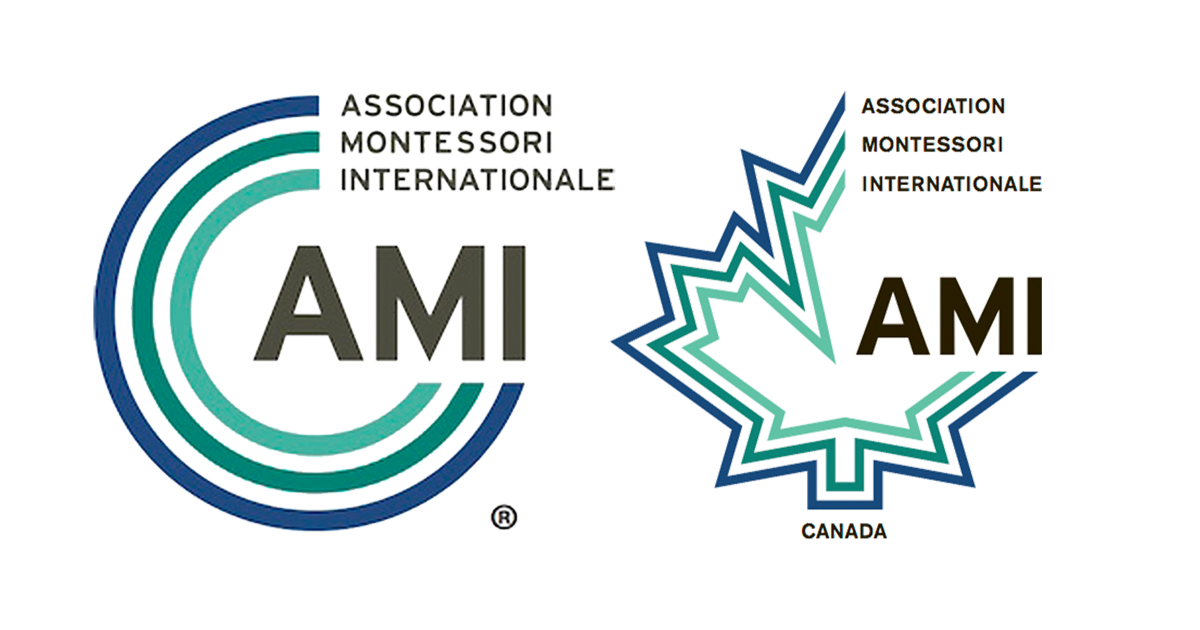Since ‘Montessori’ isn’t a trademarked term, meaning any school can call itself ‘Montessori,’ it’s important that Montessori schools are subject to quality assurance. In Canada, participation in AMI (Canada’s) MQA program ensures that a school is committed to the principles of Montessori pedagogy while aligning with current child development research (through the AMI Scientific Pedagogy Group).
“Schools participating in AMI (Canada’s) Montessori Quality Assurance program are demonstrating they’re committed to meeting the AMI’s principles and practices in their operation to offer an authentic AMI Montessori education,” says Anne Laws, Coordinator of Montessori Quality Assurance.


AMI-certified schools, among other things, must have a full set of Montessori work materials, mixed-age classrooms, certified AMI-trained Montessori teachers, and uninterrupted work cycles.
The AMI’s strong commitment to Montessori theory, pedagogy, and the science behind it has a value that can’t be overstated. “Our classrooms foster student-directed learning and give teachers the flexibility to adapt to children’s individual needs and interests,” says Brianne Kelsey, Operations Manager of AMI (Canada). “We’re able to individualize learning while meeting and often exceeding regulatory requirements because of the unique model Dr. Montessori conceptualized.”
The uninterrupted work cycles in AMI classrooms are key to supporting classroom flexibility, bolstering concentration, and inspiring a passion for learning. Students are given the time they need to pursue their interests and complete challenging tasks. “If a child is inspired to work on math all day, they’re welcome to,” says Kelsey. Since students will be in the same classroom for a three-year period in AMI schools, there’s ample time for the teacher to use the children’s strengths to ignite their interest in subjects they may feel less drawn to.
This is what flexible, self-directed learning looks like, and AMI pedagogical practices do a remarkable job of cultivating it.
Students are also free, and in fact encouraged, to pursue tasks and projects that involve multiple subjects. They might, for instance, study the beginning of life in a way that involves science, history, culture, and social studies. “This breaks down barriers to learning and promotes curiosity,” says Kelsey. “It also gives children a broad, interdisciplinary education that sets them up for future success both in school and out.”
In many ways, an AMI Montessori education is one of a kind. Below are a few more of its signature benefits (for further discussion, click here).
- The Classroom as a Community: Montessori classrooms are a community where every individual is respected and valued. Children are encouraged to learn from each other, instead of always relying on the teacher. This promotes independence, helps solidify educational concepts, and prepares children to participate meaningfully in the greater global community.
- Increased Concentration: Recent neuroscience research (Lillard, 2017) shows that the uninterrupted work cycles in Montessori classrooms can boost children’s focus, concentration, and discipline.
- Sensorial Education: Humans are sensory-motor learners and Montessori classrooms honour this by providing children with hands-on learning materials. In fact, many Montessori teachers have their own “aha” moments when they experience the math materials for the first time!
- Educating the Whole Child: Montessorians recognize that for a child to realize their full potential we must go beyond teaching core subjects—we must also foster their social, emotional, and physical growth. Dr. Montessori firmly believed that “establishing lasting peace is the work of education.”
To learn more about AMI (Canada) visit: www.ami-canada.com










